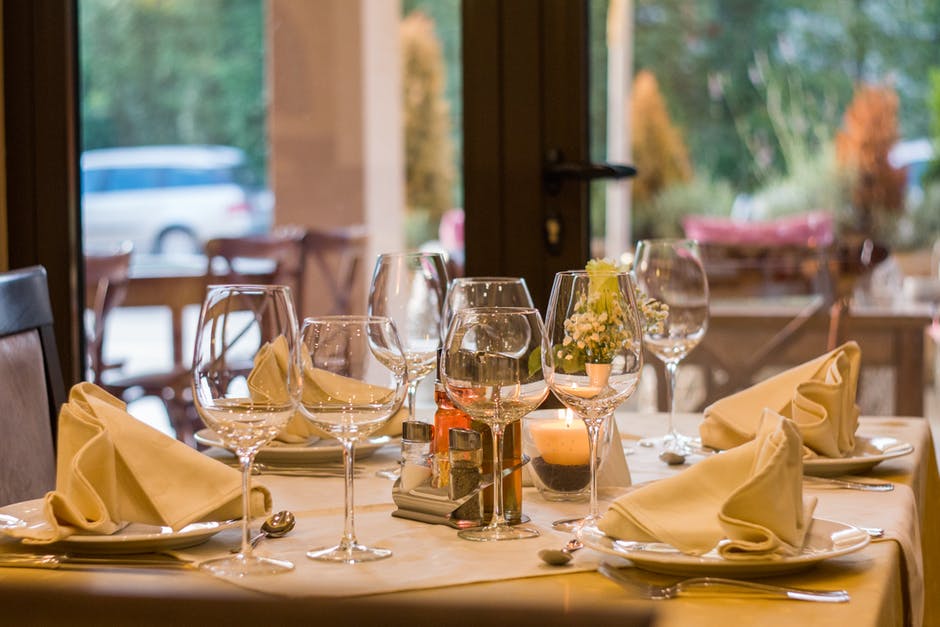A cut to Ireland’s alcohol excise tax could protect Donegal’s 7,443 hospitality sector jobs, according to local publican Martin Gibbons.
Ireland’s overall alcohol excise tax is the second highest in the European Union. By drink type, our wine excise is the highest; our beer excise is the second highest (behind Finland); and our spirits excise is the third highest (behind Finland and Sweden).
Almost 210,000 people are directly and indirectly employed by Ireland’s hospitality and drinks industries, in a nationwide network of pubs, hotels, restaurants, off-licences and other supporting businesses.
In Donegal alone, there are 365 pubs, 40 hotels, 77 restaurants, 133 off-licences, 12 wholesalers and 2 producers. Together, these businesses pay a €157.7 million annual wage bill and support €168 million in tourism spend.
The UK is Ireland’s most important tourism market: British tourists make up 40 percent of all visitors and are worth €1.1 billion to the economy.
However, numbers dropped by 8 percent in the first four months of 2017 compared to 2016. Since the referendum last June, sterling also dropped by 15 percent against the euro, making Ireland a more expensive destination for British tourists.
Commenting, Martin Gibbons Donegal county chair of the Vintners Federation of Ireland says that high excise tax punishes consumers, businesses and tourists alike by discouraging spending.
Combined with the threat of Brexit, the hospitality sector, particularly in rural parts of the country, is vulnerable.
“The hospitality sector is a vital part of Donegal’s economic infrastructure. 7,443 local people depend on it for work. In many parts of the country, it is the major and often only employer.
“Tourists consistently rate the Irish pub and Irish pub culture as a top tourist attraction. However, a high alcohol excise tax works to actively undermine this by discouraging consumer spending, ultimately putting jobs at risk. Combined with Brexit, Ireland is already becoming expensive for our biggest tourism market, the UK.
“Staying internationally competitive is essential. We believe that it is of fundamental importance for the Government to not only formulate a long-term Brexit strategy with the hospitality sector and rural jobs at front and centre, but take positive steps now by reducing Ireland’s high alcohol excise tax in Budget 2018.
“This will not only ease the burden on consumers, but support local hospitality businesses in Donegal and create a more attractive tourism product.”
Tags:







